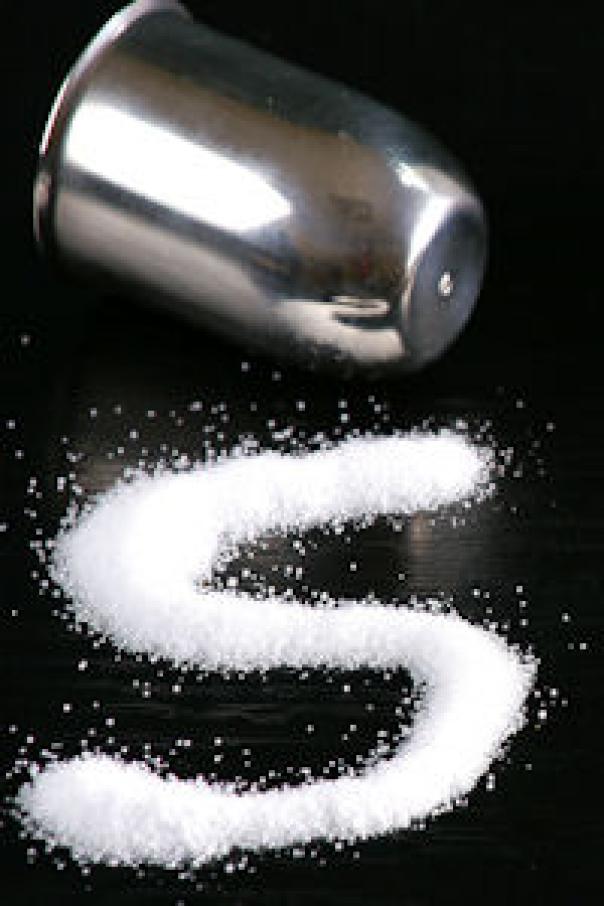
Previously self-reported by the food industry, this it the first assessment that the government has undertaken to monitor the progress of out-of-home operators, retailers and manufactures in reducing salt content in everyday foods.
The out-of-home sector was set maximum per-serving targets in 11 food categories, including sandwiches, pasta dishes and kids’ meals, with seven in 10 foods having met the maximum target set.
That said, salt levels in out-of-home products were found to generally be higher than those in-home.
On the contrary, food manufacturers managed to meet a mere 37% of average targets and retailers 73%.
Meat products made the worst overall progress, with no average targets met and 43% were found still contain above recommended maximum salt limits. Ready meals, rice and soups also failed to meet average salt reduction targets.
Among those that did are breakfast cereals, fat spreads, baked beans, pizza and pasta.
Warning of the health risks of eating too much salt, PHE chief nutritionist Dr Alison Tedstone, said: “Too much salt can lead to increased blood pressure, which can cause heart disease and stroke – two of the biggest killers of adults in the UK – which is why government has set such stretching targets.
“While (PHE) has seen some progress, those that have taken little or no action cannot be excused for their inactivity.
“It is clear that, with the right leadership from industry, further salt reduction in foods continues to be possible.”
Public Health Minister Steve Brine added: "While it is encouraging to see the food industry is making progress towards the salt reduction targets we set in 2014, we know there is more to do.
“That's why we committed to further reducing salt intake in our prevention vision. Next year we will put forward realistic but ambitious goals and set out details of how we will meet them.”
Praising hospitality venues for having made “significant efforts” to reformulate menus, provide greater choice and transparency, and reduce salt, UKHospitality chief executive Kate Nicholls added: “These efforts have been recognised by PHE’s report and we will continue to work towards targets to reduce salt and promote healthier attitudes to food.
“It should be remembered that, for the vast majority of customers, eating out is not an everyday occurrence. It remains an occasional treat which should be factored into wider efforts to promote healthy eating and drinking.”